Cumulative effects are gradual effects taking place during the whole lifetime of the electronics exposed in a radiation environment. A device...
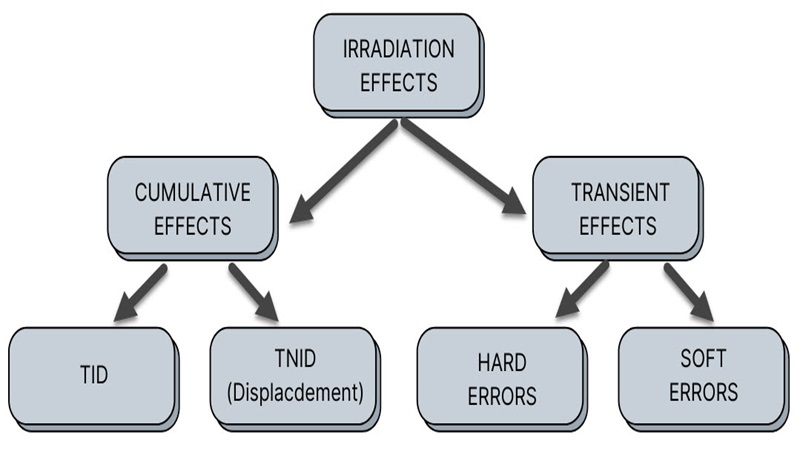
Blog » resistors basics »

Cumulative effects are gradual effects taking place during the whole lifetime of the electronics exposed in a radiation environment. A device...

TID test standards define irradiation methods, dose rates, and handling to assess component tolerance to total ionizing dose.
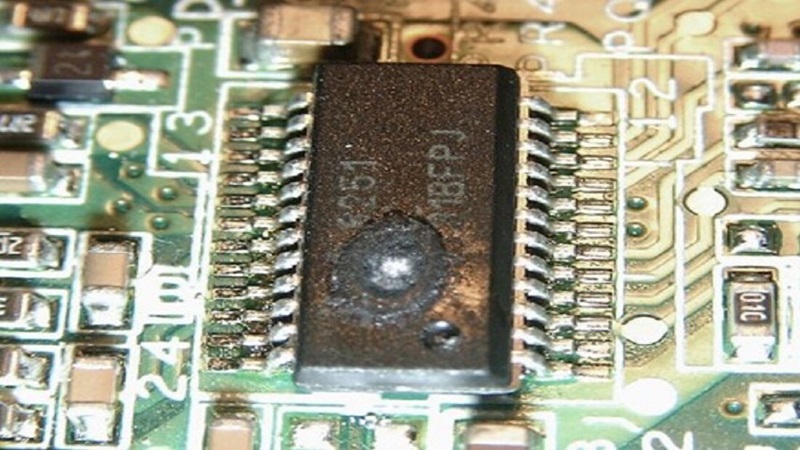
Radiation affects EEE components in space through TID, displacement damage, and single event effects, impacting mission reliability.
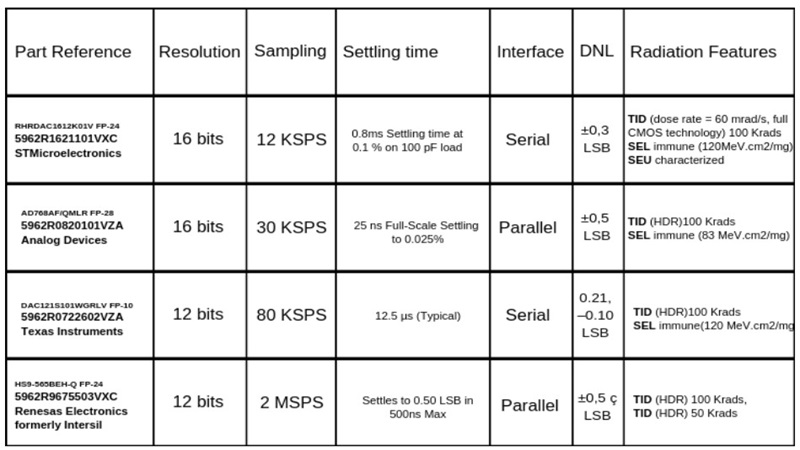
DACs convert processed digital data into analog signals for space systems, with designs hardened against radiation effects.
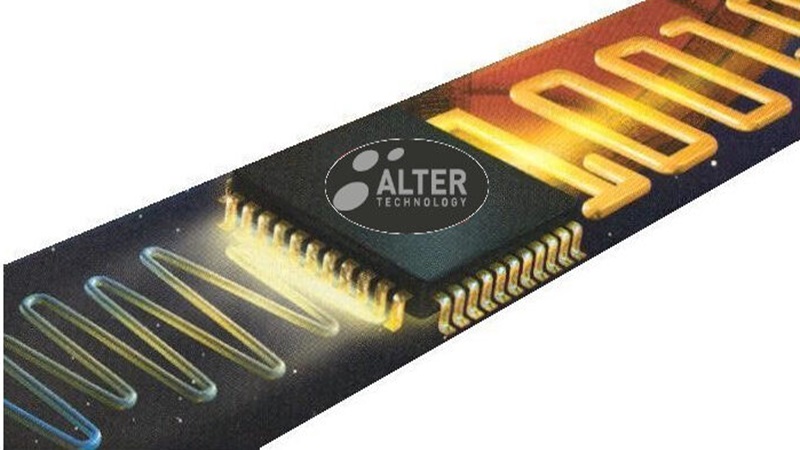
Data conversion in space systems relies on ADCs to digitize analog signals, balancing resolution, speed, and radiation tolerance.
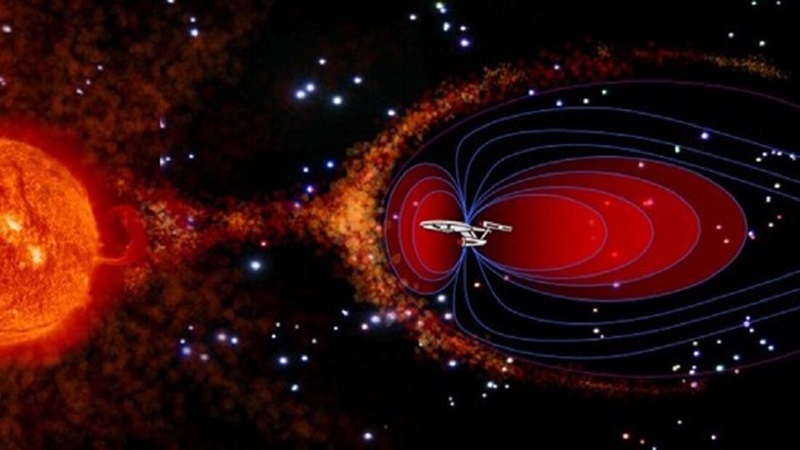
Radiation analysis documents component tolerance to space radiation, ensuring compliance with mission-specific exposure levels.
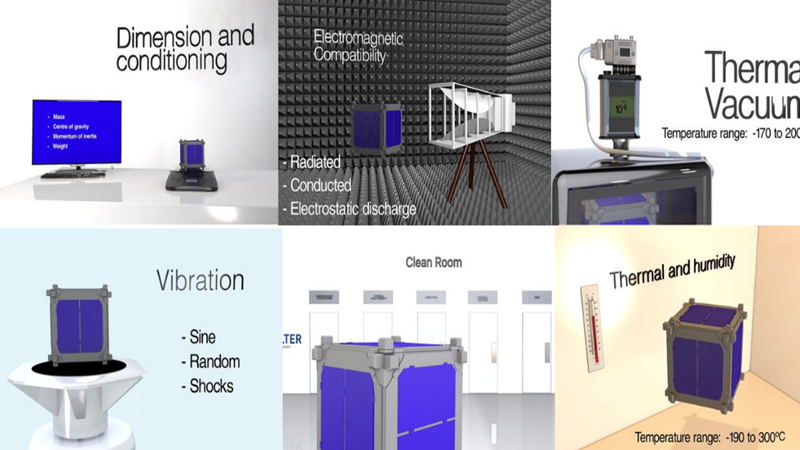
A product assurance plan defines quality, reliability, and component requirements to ensure mission success in New Space projects.
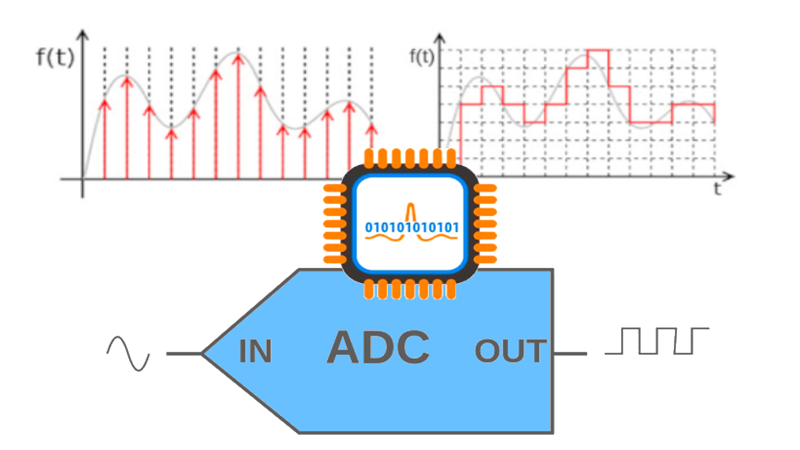
Analog to digital converters for space must balance high resolution with low sampling rates to ensure accurate signal capture.
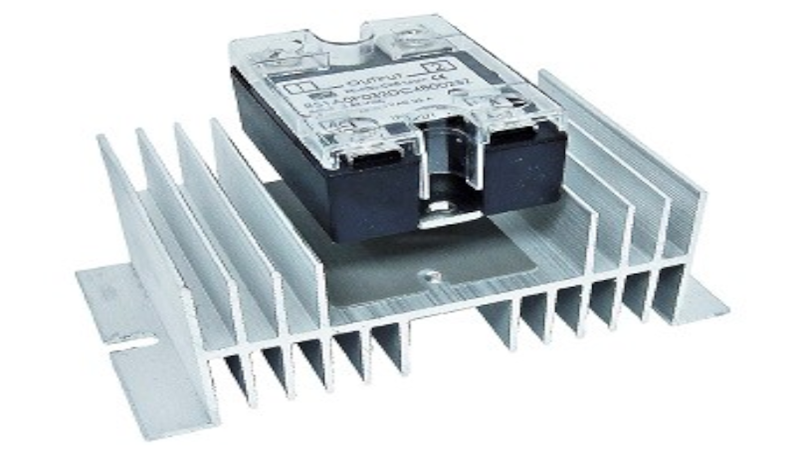
Solid state relays offer fast, durable switching for space systems but must be assessed for radiation sensitivity.

Non-volatile memories retain data without power; endurance and data retention are key for space-grade reliability.

Cumulative effects are gradual effects taking place during the whole lifetime of the electronics exposed in a radiation environment. A device sensitive to TID or TNID will exhibit failure in a radiation environment when the accumulated dose (TID) or particle fluence...

TID test standards define irradiation methods, dose rates, and handling to assess component tolerance to total ionizing dose.

Radiation affects EEE components in space through TID, displacement damage, and single event effects, impacting mission reliability.

DACs convert processed digital data into analog signals for space systems, with designs hardened against radiation effects.

Data conversion in space systems relies on ADCs to digitize analog signals, balancing resolution, speed, and radiation tolerance.

Radiation analysis documents component tolerance to space radiation, ensuring compliance with mission-specific exposure levels.

A product assurance plan defines quality, reliability, and component requirements to ensure mission success in New Space projects.

Analog to digital converters for space must balance high resolution with low sampling rates to ensure accurate signal capture.

Solid state relays offer fast, durable switching for space systems but must be assessed for radiation sensitivity.

Non-volatile memories retain data without power; endurance and data retention are key for space-grade reliability.